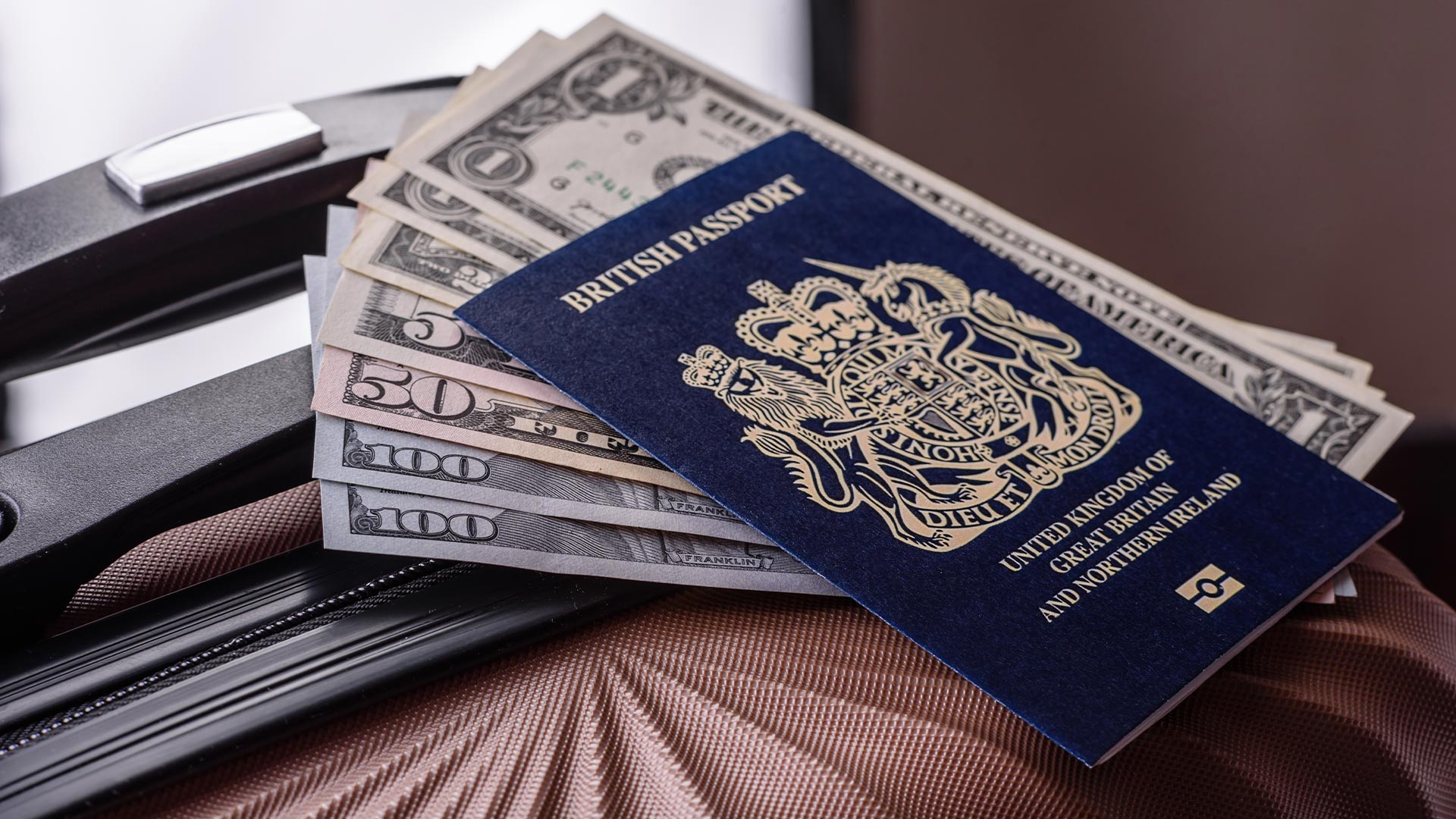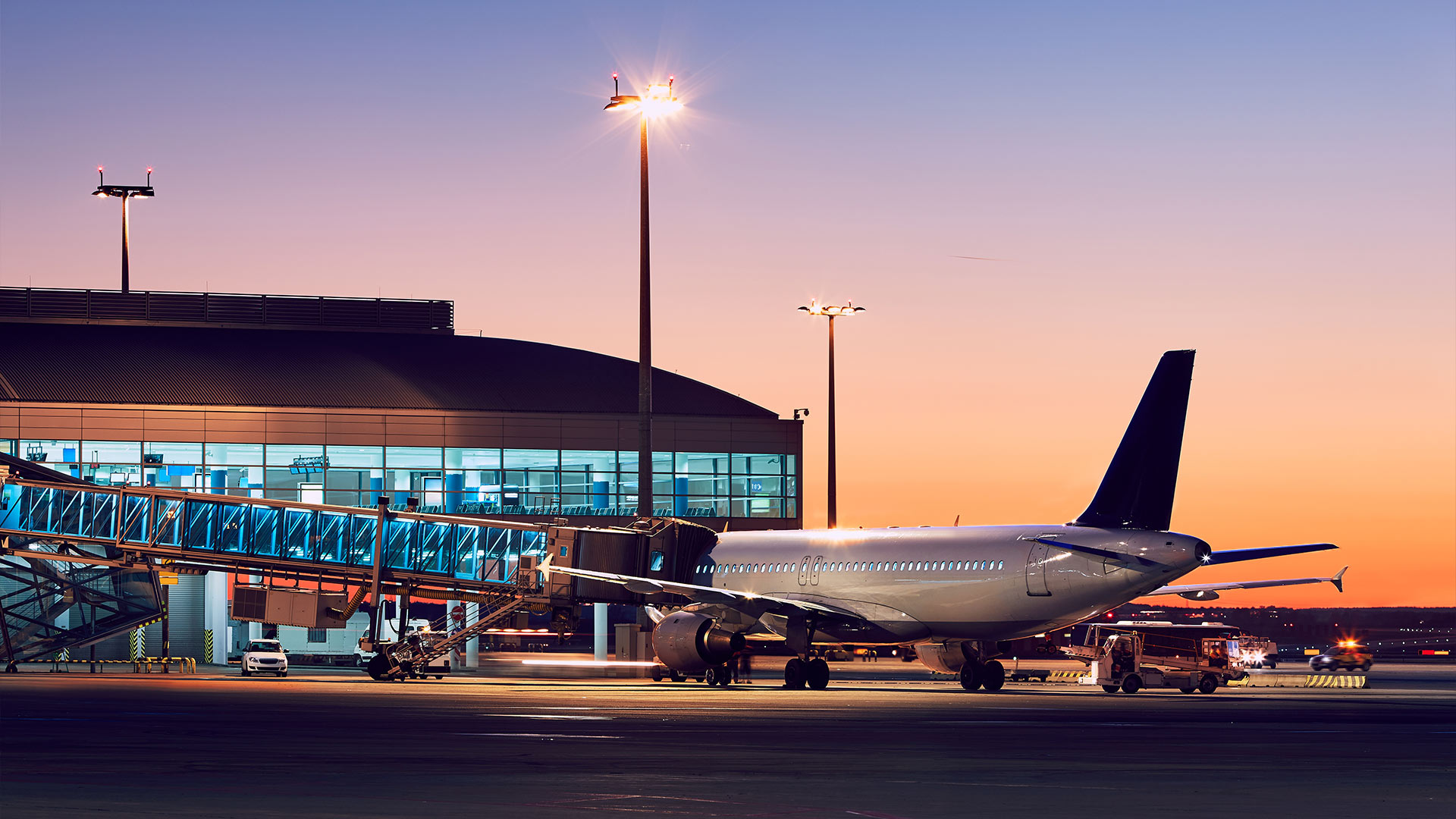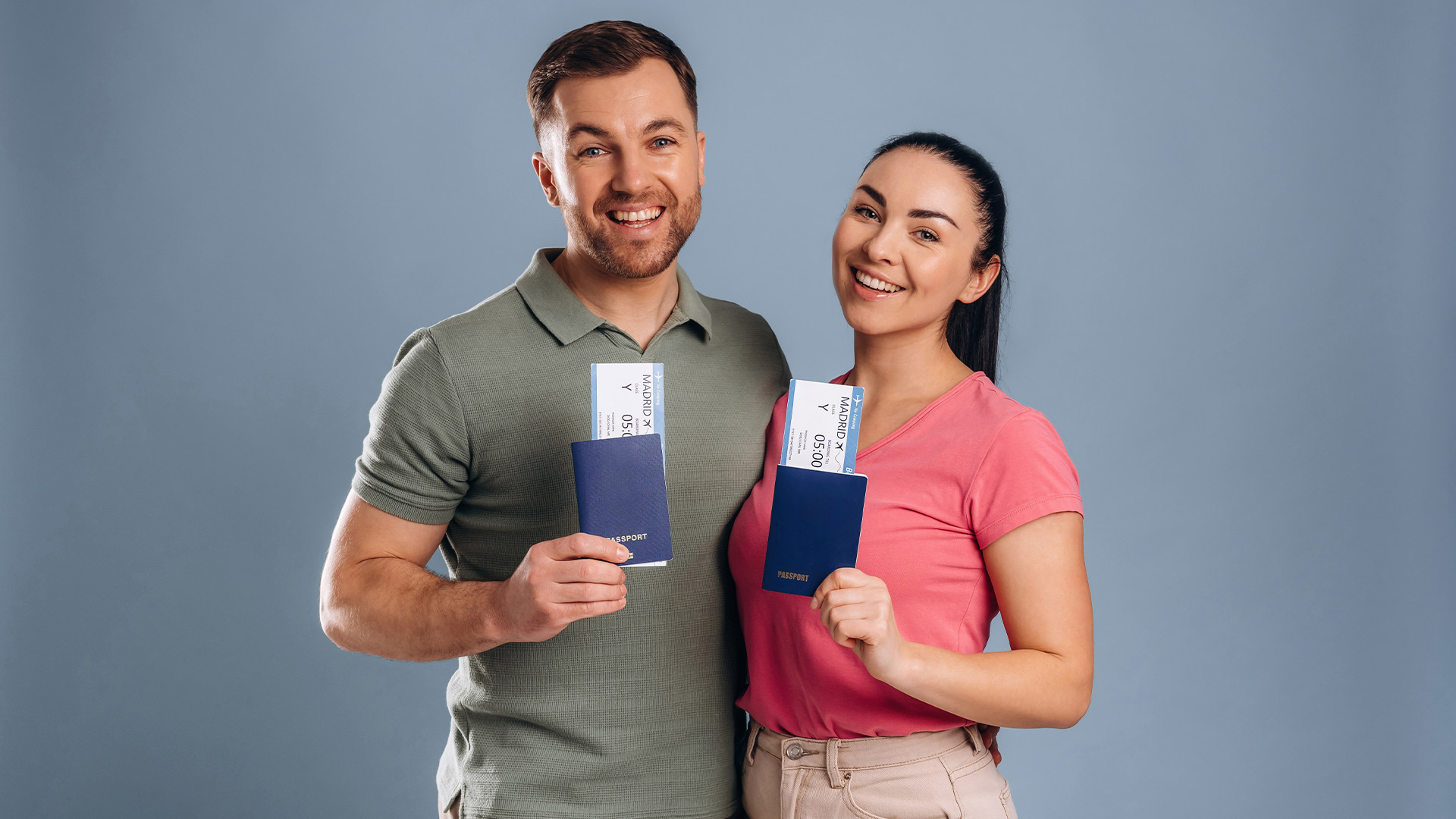U.S. Visa Policy Update: Complete Guide to Tourist and Student Visas
As of mid-2025, the U.S. visa landscape has undergone significant changes affecting both tourist (B-1/B-2) and student (F-1) visas. These updates reflect new government priorities, security measures, and procedural adjustments that travelers and international students should understand to avoid delays or complications. This guide breaks down the key changes, application processes, and practical advice for prospective visitors and students planning to enter the United States.
1. Tourist Visa (B-1/B-2) Updates
Application Process and Fees
- The standard application fee for a U.S. B-1/B-2 visa remains $185. However, some applicants may be subject to additional visa issuance fees depending on their nationality.
- Interview appointments at U.S. consulates have become more competitive due to increased demand and added security measures.
- A proposal to introduce a $1,000 expedited visa processing fee is currently under review but has not yet been implemented. This fee would allow applicants to speed up their interview scheduling in urgent cases.
New Travel Restrictions
- The U.S. government recently expanded travel restrictions to include citizens from certain countries due to security concerns. For example, nationals from countries such as Iran, Libya, Somalia, and Haiti face more stringent screening.
- These restrictions involve additional background checks and longer processing times.
- Waivers or exemptions exist for diplomats, certain family members, or those with essential travel purposes.
Tips for Applicants
- Schedule your interview well in advance—ideally 3 to 6 months before your planned travel date.
- Prepare thorough documentation demonstrating ties to your home country, such as employment, family, or property, to prove your intent to return.
- Be ready to explain your travel purpose clearly and consistently during the interview.
2. Student Visa (F-1) Policy Changes
Current Processing Status
- As of 2025, many U.S. embassies worldwide have temporarily suspended new F-1 visa interviews due to updated security protocols, including enhanced social media screening.
- The resumption date for these interviews is uncertain, leading to delays in obtaining student visas.
Increased Scrutiny and Visa Revocations
- The U.S. government has implemented stricter reviews on student visa applicants, especially those pursuing studies in sensitive fields such as artificial intelligence, quantum computing, and advanced engineering.
- A new “visa revocation” policy allows consular and immigration officers to cancel visas if the student is found violating any regulations, including minor offenses like traffic violations.
- Thousands of F-1 visas, particularly from countries like China, have been revoked under these tightened policies.
Optional Practical Training (OPT) Program
- There is ongoing debate about potential restrictions or elimination of the OPT program, which allows international students to work in the U.S. for up to 12 months post-graduation.
- While no official changes have been enacted, students should stay informed as policy discussions continue.
Recommendations for Students
- Maintain a clean legal record and comply fully with U.S. immigration laws.
- Keep copies of all academic and immigration paperwork, including I-20 forms and SEVIS fee receipts.
- Consult your university’s international student office regularly for updates on visa procedures and travel advisories.
3. General Advice for Both Tourist and Student Applicants
- Stay Updated: Visa policies can change quickly. Always check official U.S. government websites, such as travel.state.gov, for the latest information.
- Use Reliable Sources: Avoid misinformation from unofficial channels; rely on consulate announcements and authorized visa service providers.
- Prepare for Delays: Build extra time into your travel plans to accommodate possible processing delays.
- Be Honest: During visa interviews, answer questions truthfully and clearly to avoid suspicion or visa denial.
- Seek Professional Help: For complicated cases, consider consulting an immigration attorney to navigate the application process.
4. Summary
The U.S. visa environment in 2025 is marked by heightened security, longer processing times, and stricter eligibility reviews for tourists and students alike. Travelers should anticipate rigorous background checks and prepare comprehensive documentation to improve their chances of approval. International students must be especially vigilant in complying with new regulations and staying informed about potential changes to work authorization programs.
Being proactive, organized, and well-informed is key to successfully obtaining and maintaining a U.S. visa in today’s evolving policy landscape.
For detailed official guidance and to start your application process, visit the U.S. Department of State website. https://travel.state.gov


